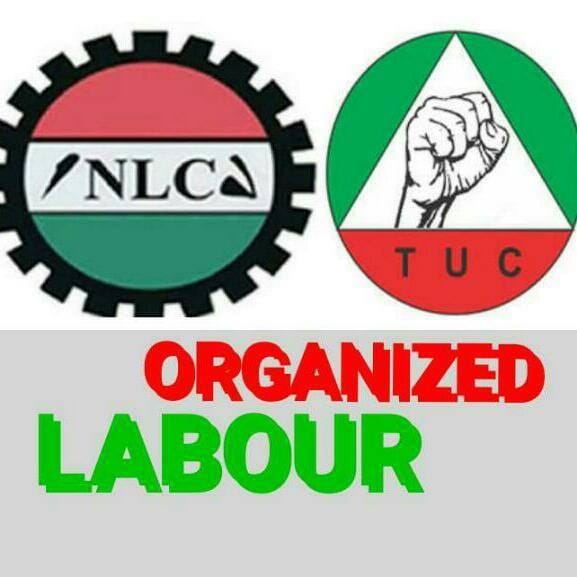
The leadership of the Organised Labour says there is no going back on the nationwide industrial action slated to start today Monday, June 3, 2024.
“For now, we don’t have the power to call off the strike, today (Monday) morning, the strike will kick off as we take their (NASS) plea asking us to call off the strike to our various organs,” said Festus Osifo after the meeting with NASS leadership on Sunday evening.
The NASS leadership led by senate president, Godswill Akpabio and Speaker of the House of Representatives Tajudeen Abbas in Abuja had moved to stop the strike from going ahead today by meeting the leaders of the organised labour.
The meeting was part of last-minute efforts by the legislators to persuade aggrieved workers to shelve their planned industrial action for a new minimum wage.
The National Assembly said the meeting was to “avert the impending industrial action” to commence on Monday, June 3, 2024, “which would have severe repercussions on the populace and economy”.
The decision of the Organised Labour followed the deadlock between the Federal Government and the unions over a new national minimum wage and reversal of the recent hike in electricity tariffs.
The Chairmen of the Senate and House Committees on Labour, Employment and Productivity respectively, Diket Plang, and Adegboyega Adefarati, were also at the meeting.
The labour unions had said the current minimum wage of ₦30,000 can no longer cater to the wellbeing of an average Nigerian worker, lamenting that not all governors are paying the current wage award which expired in April 2024, five years after the Minimum Wage Act of 2019 was signed by former President Muhammadu Buhari. The Act should be reviewed every five years to meet up with contemporary economic demands of workers.
Labour later handed the Federal Government a May 31 deadline for the a new minimum wage. On May 31, the workers’ organs in the country declared a nationwide strike beginning from Monday, June 3, 2024 over the government committee’s inability to agree on a new minimum wage and reversal of electricity tariff hike.
During the failed talks with the government, Labour rejected three government’s offers, the latest being N60,000. Both the TUC and the NLC subsequently pulled out of negotiations, insisting on ₦497,000 as the new minimum wage.
[widget id="media_image-16"]













